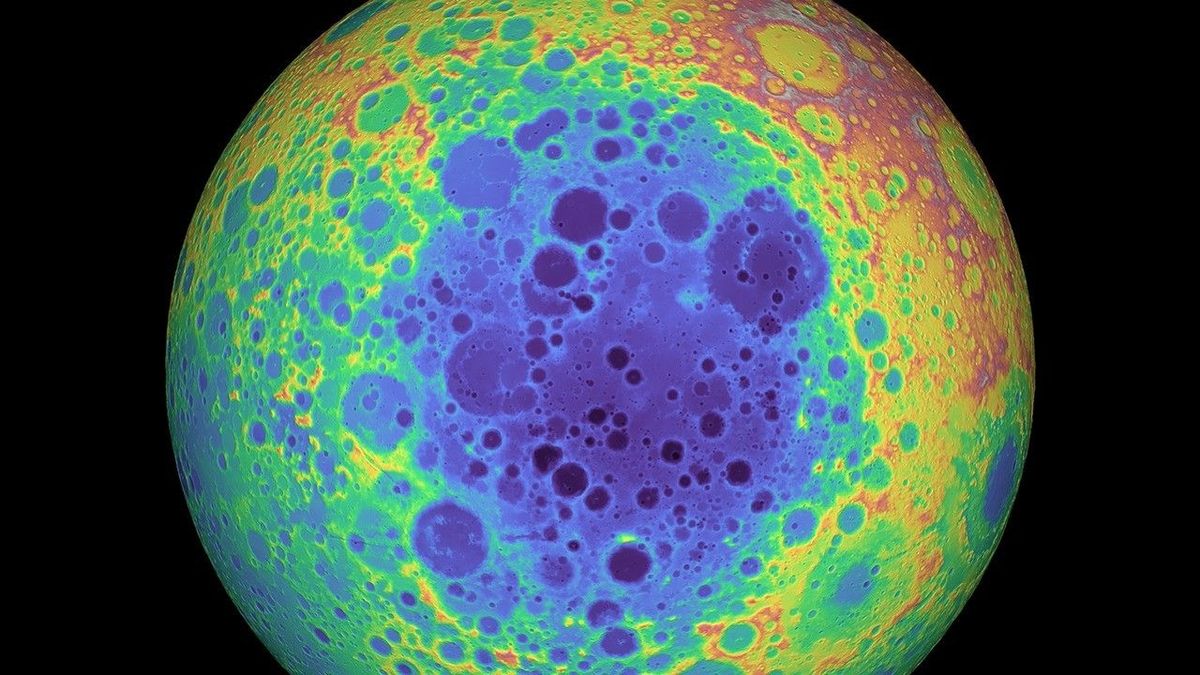SpaceX Crew-8 astronaut discharged from the hospital and back in Houston.

SpaceX Crew-8 astronaut released from hospital, returns to Houston (Image Credit: Space.com)
The NASA astronaut who was hospitalized for a night after the splashdown of SpaceX’s Crew-8 mission has been released and is doing well, according to the agency.
The SpaceX Crew Dragon capsule “Endeavour” returned to Earth on Friday morning (Oct. 25) off the coast of Florida, bringing an end to the 235-day Crew-8 mission to the International Space Station (ISS).
The landing went well, and everything appeared to be normal. However, shortly thereafter, NASA announced that all four Crew-8 astronauts — NASA’s Matthew Dominick, Michael Barratt and Jeanette Epps, and Alexander Grebenkin of Russia’s space agency Roscosmos — were taken to Ascension Sacred Heart Pensacola, a hospital in Florida, for evaluation. This was done “out of an abundance of caution,” agency officials said in a post-splashdown news conference.
Three of the four astronauts were released on Friday and flown to Johnson Space Center (JSC) in Houston, where NASA’s astronaut corps is based. However, one crewmember — a NASA astronaut — stayed overnight in the hospital “as a precautionary measure,” the agency wrote in an update on Friday.
Related: Crew-8 astronauts splash down on SpaceX Dragon Endeavour after weather delays (video)
NASA gave us some good news in another update on Saturday (Oct. 26): The fourth astronaut was released from the hospital that day and returned to JSC.
“The crew member is in good health and will resume normal post-flight reconditioning with other crew members,” stated the update, which agency officials said (in an emailed statement) would be the final one on this matter.
NASA has not identified the astronaut or the issue that led to the hospital stay, and it will not do so in the future.
“To protect the crew member’s medical privacy, specific details on the individual’s condition and identity will not be shared,” agency officials wrote in Saturday’s blog post.

Long-duration spaceflight affects the body in multiple ways, from vision problems to decreases in bone density and muscle mass.
NASA and other space agencies know about these effects and work hard to mitigate them. For instance, astronauts aboard the ISS spend several hours every day exercising to keep their muscles and bones as strong as possible in the microgravity environment.
Crew-8 lasted longer than a typical ISS stint, which is about six months. But other astronauts have lived away from their home planet for more extended periods. For example, NASA’s Frank Rubio and cosmonauts Sergey Prokopyev and Dmitry Petelin spent 371 days aboard the orbiting lab recently after their Soyuz spacecraft sprang a leak in orbit and they had to wait for a new ride home.
Russia’s Valeri Polyakov holds the all-time record for the longest continuous space stay — 437 days, set aboard the Soviet-Russian Mir space station in 1994-95.





